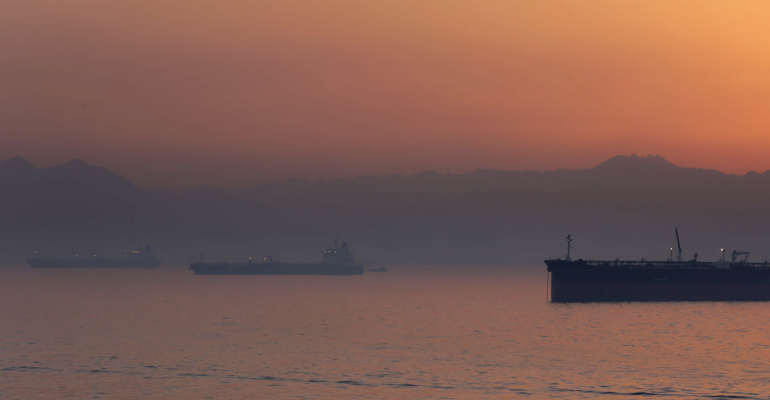Speaking at the Saudi Maritime Congress in Dammam, Lois K Zabrocky, CEO, International Seaways, said: “structurally, I say we are set up for a very good Bull Run for a period of years, which we really have not had in the last decade.”
Zabrocky cited recovering demand, low ordering activity in the tanker sector, full shipyards and indecision over engine choices for the next generation of ships as supportive for the sector.
“Are we going to be interrupted by recessionary influences? It is possible. But in the last 20 years, the only time that the oil market actually lost demand other than COVID was after the Great Recession where we went down by a million barrels a day,” said Zabrocky.
With IEA still forecasting demand growth of 2m bpd in 2023, even higher than pre-pandemic growth, Zabrocky expects a “really nice run in tankers.”
Dr. Maria Angelicoussis, CEO, Angelicoussis Group was more cautious.
“I think it's hard to say whether we will have a bull run in the next two years. There’s a lot of uncertainty in the world right now, energy markets are very, very volatile. You have global inflationary pressures, Central Bank's raising interest rates in many, many countries and the fear of demand destruction and subsequent recession,” said Angelicoussis.
“However, what we do know is that this terrible conflict [in Ukraine] has caused change in trade flows, dislocations, increased tonne-miles and a tight tanker market. When you look at the supply side, there's been chronic underinvestment in oil production. The Kingdom of Saudi Arabia is one of the few countries that has had the foresight to do that, and increase oil production.”
Angelicoussis expects a structurally tight tanker market, just not necessarily a bull run.
“On the ship supply side, the VLCC and suezmax order books are at record low lows of 4% and 3%, respectively. We have an ageing fleet; 27% of vlccs and a quarter of Suez maxes will be over 15 years old by the end of this year. Then when you come with the upcoming emissions regulations as well, ships will have to slow steam, heavy consumers will become obsolete.”
John Schmidt, CEO, McQuilling Partners said 2021 was probably the worst tanker year we’ve seen since the nineties, but the coming years look set to be more like the better 2004-2007 period for tankers, even without the support of 8-9% economic growth in China.
While there has not been demolition activity in the tanker markets, Schimdt pointed to the sanctioning of the COSCO and Sovcomflot fleets as other recent events affecting vessel supply. The movement of vessels into sanctioned trades is effectively a deletion from the non-sanction market and increases supply pressure.
Schmidt believes that the pandemic delayed the current market situation, and that without the pandemic masking developments we would have arrived at this point 12-18 months earlier.
“It's all a matter of how the market’s going to move forward. I personally, I think that I don't know that growth is going to be or demand is going to be that impacted like it was during the pandemic, or like it was after the Great Recession.
“To reference the IEA, they came out last year and said that they'd miscast demand for the last eight years, and a lot of that's attributable to the petrochemical side of the coin. So, I'm cautiously optimistic,” said Schmidt.
Copyright © 2024. All rights reserved. Seatrade, a trading name of Informa Markets (UK) Limited.
Add Seatrade Maritime News to your Google News feed.  |



